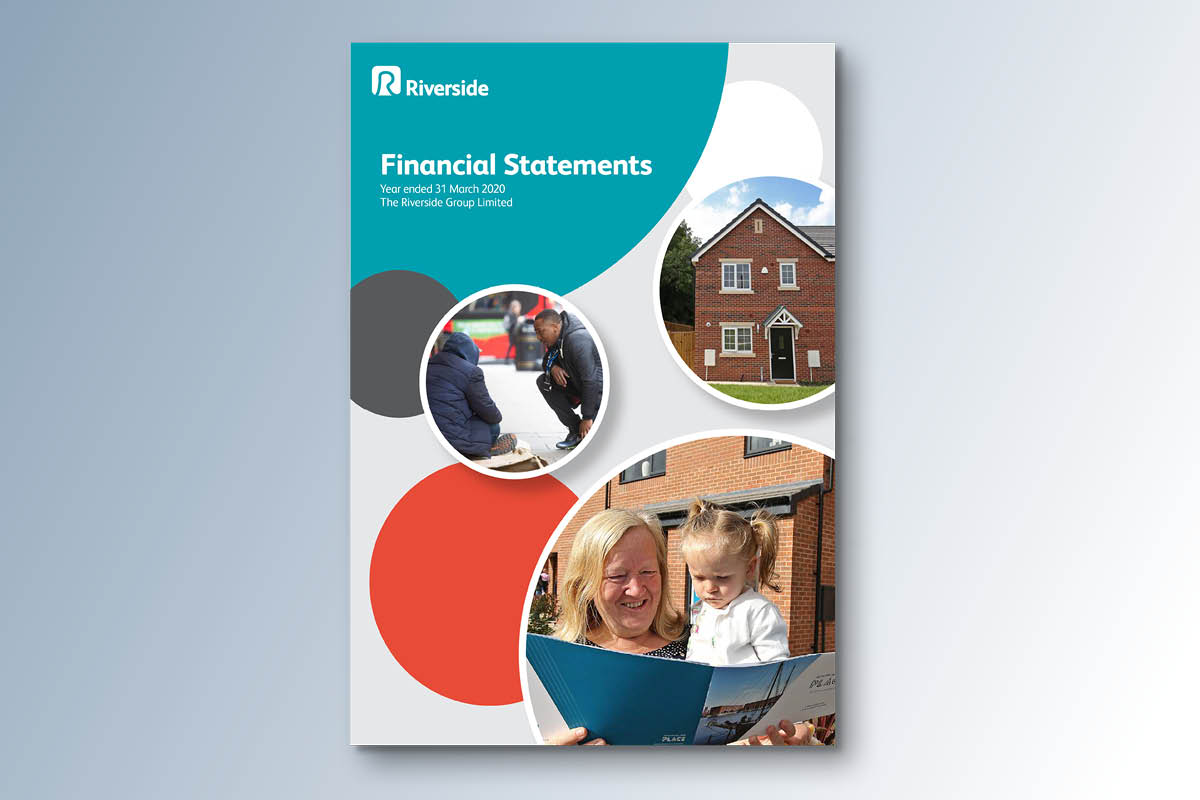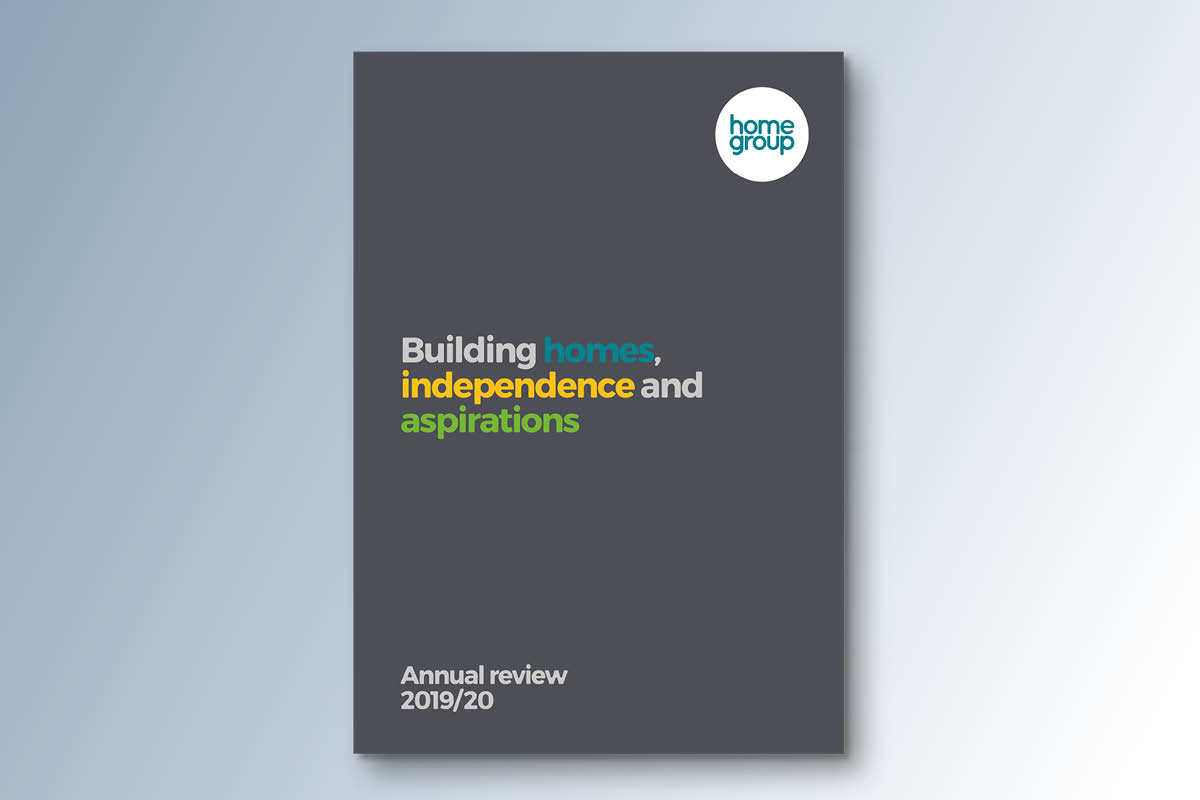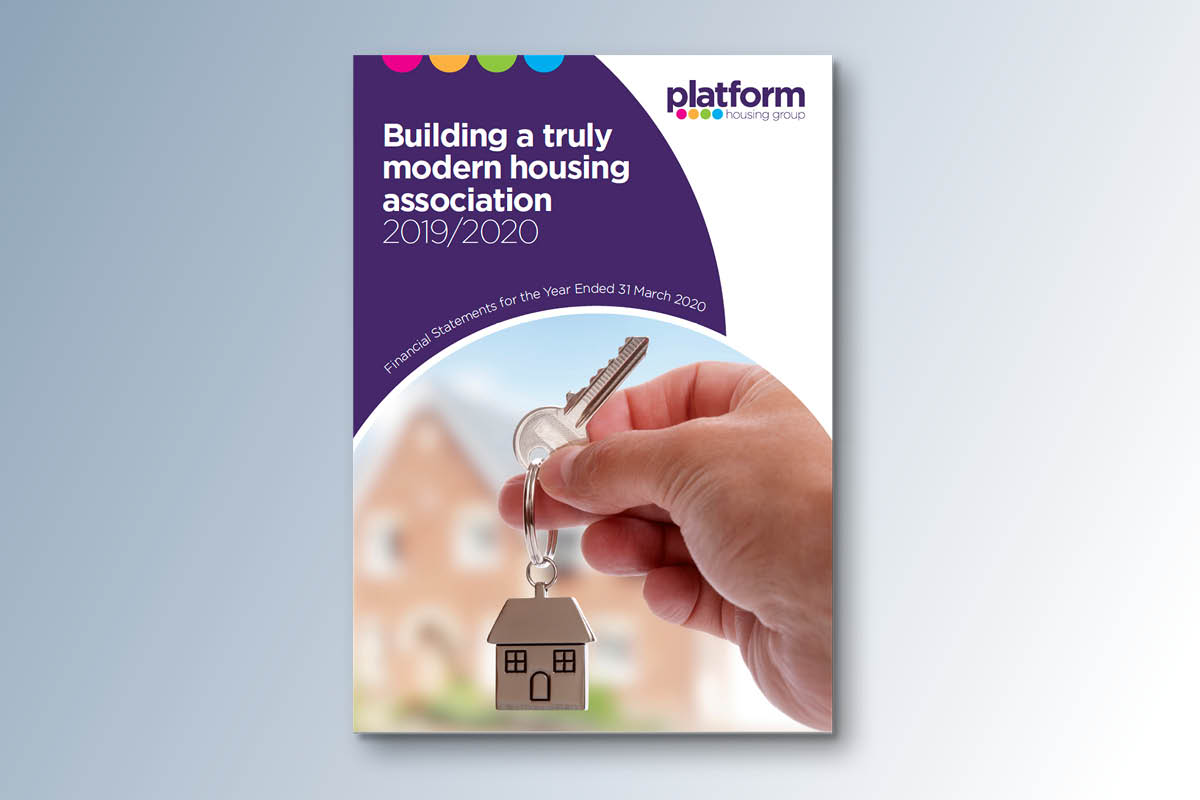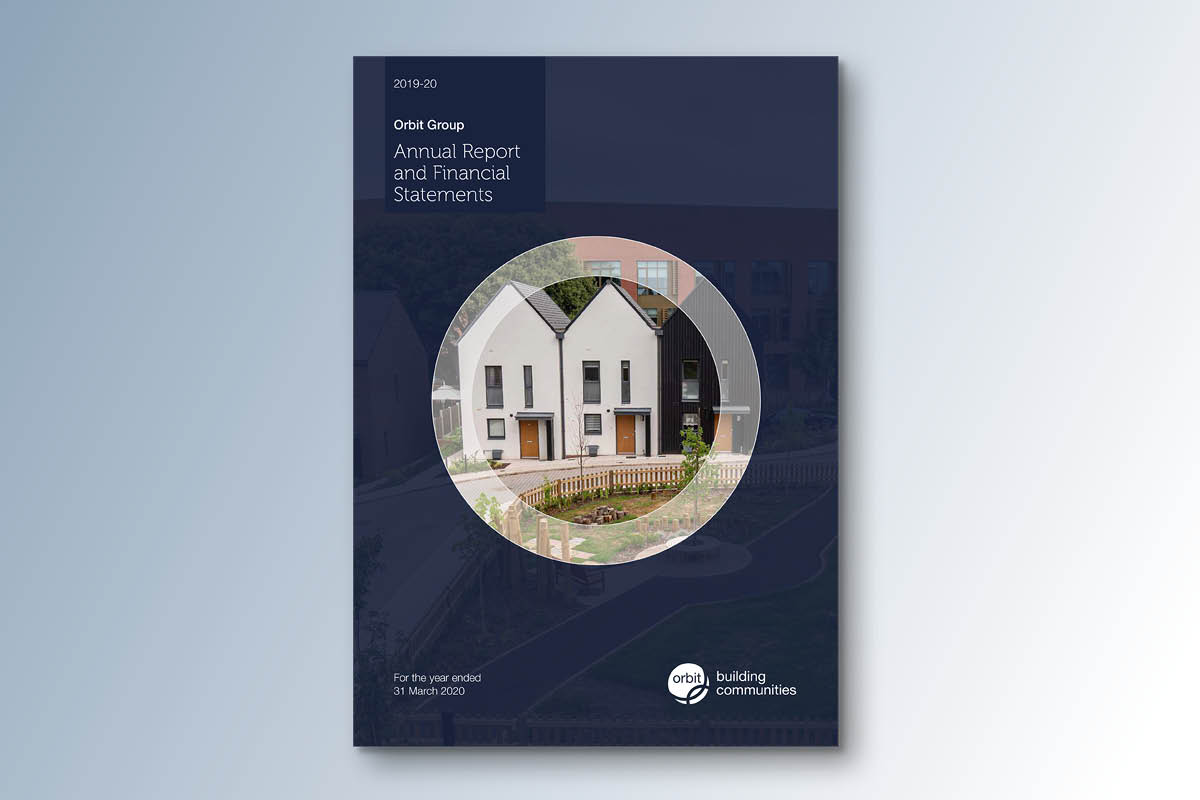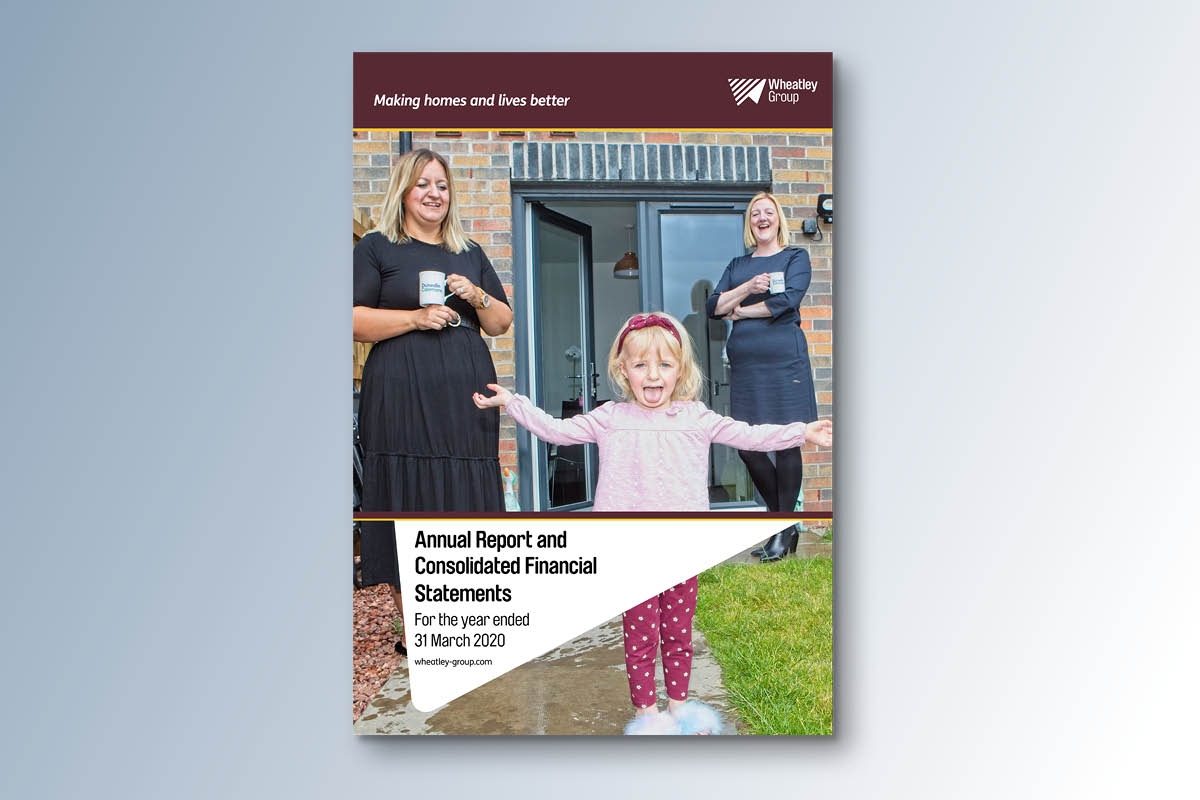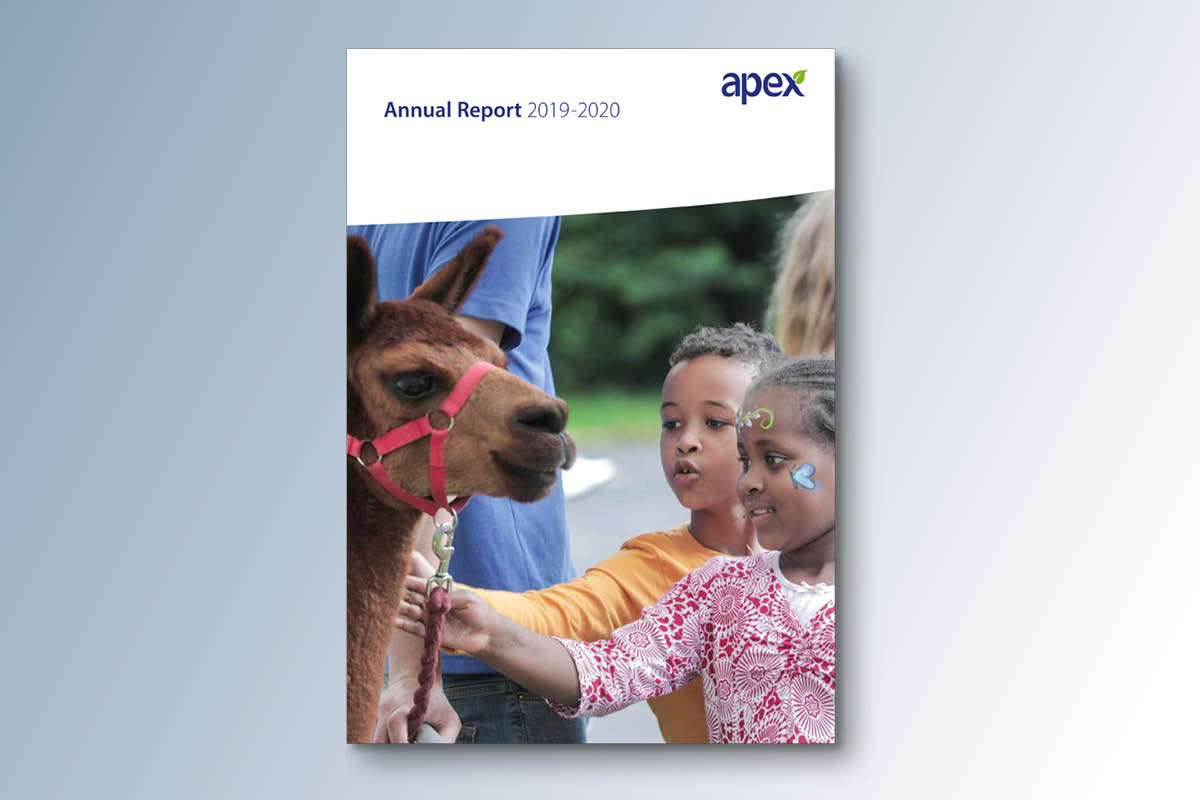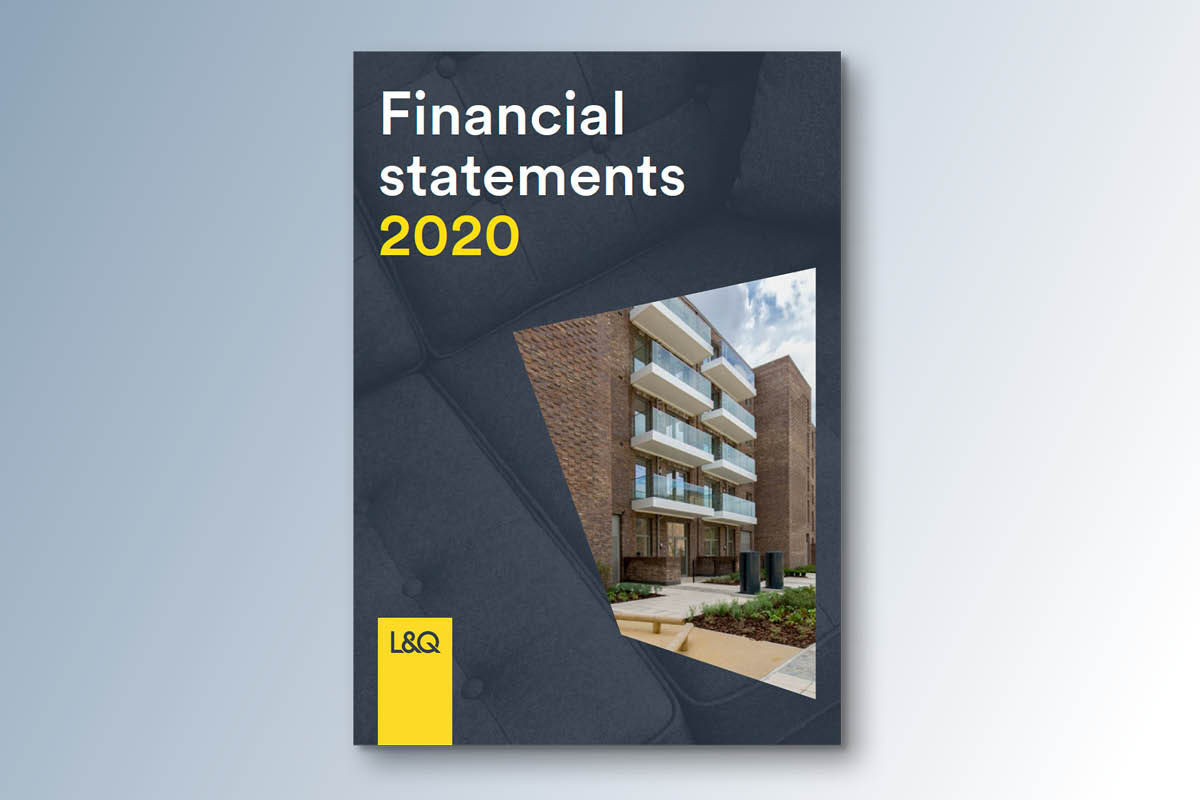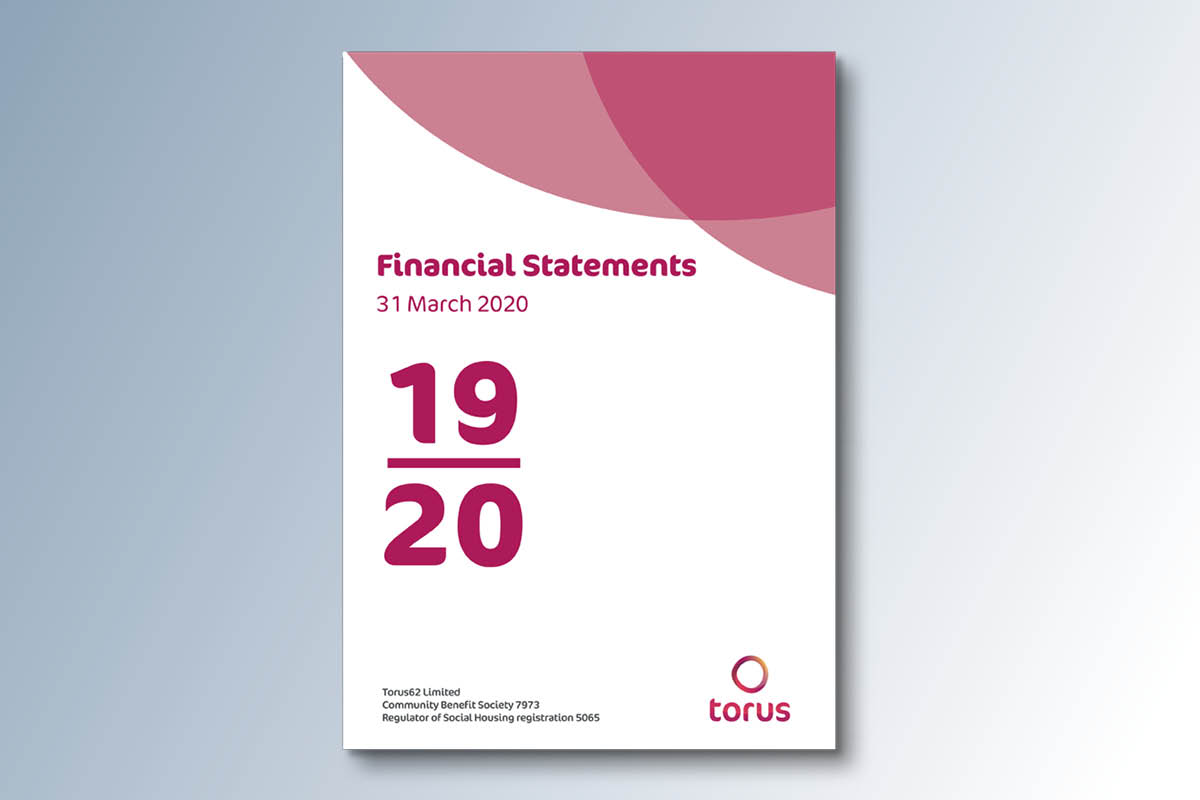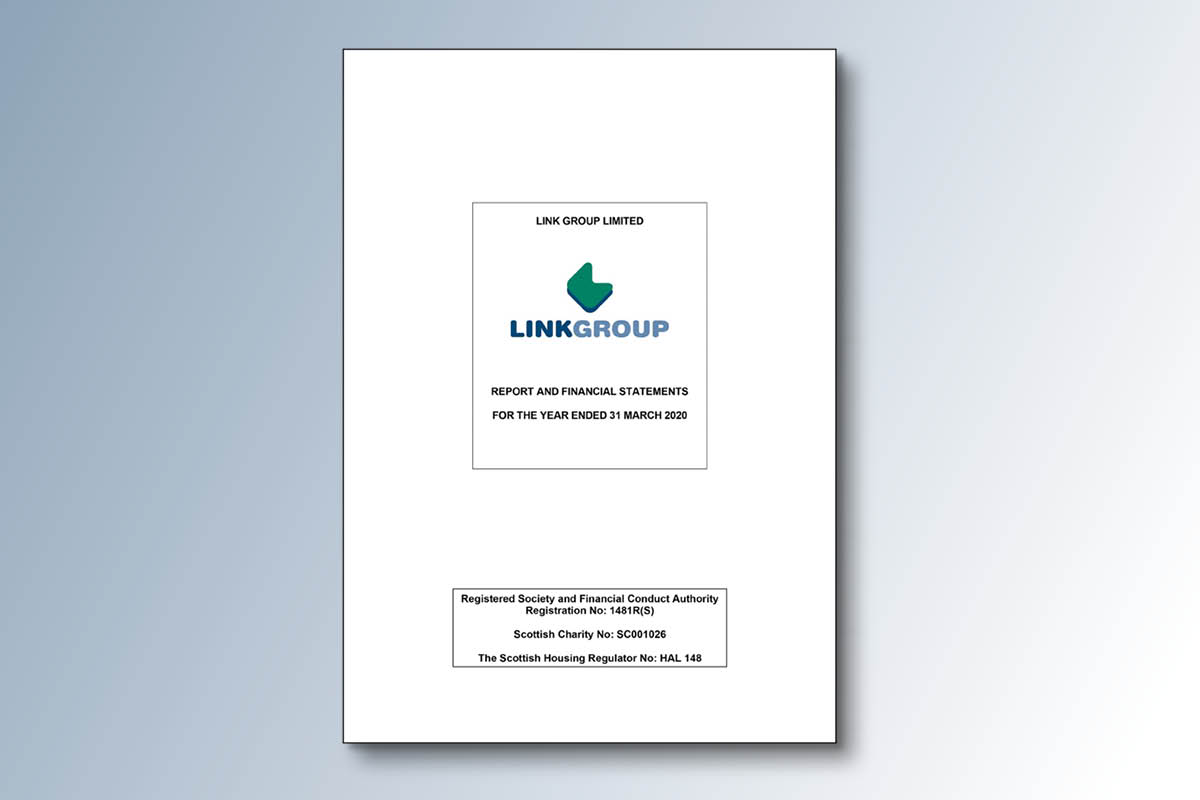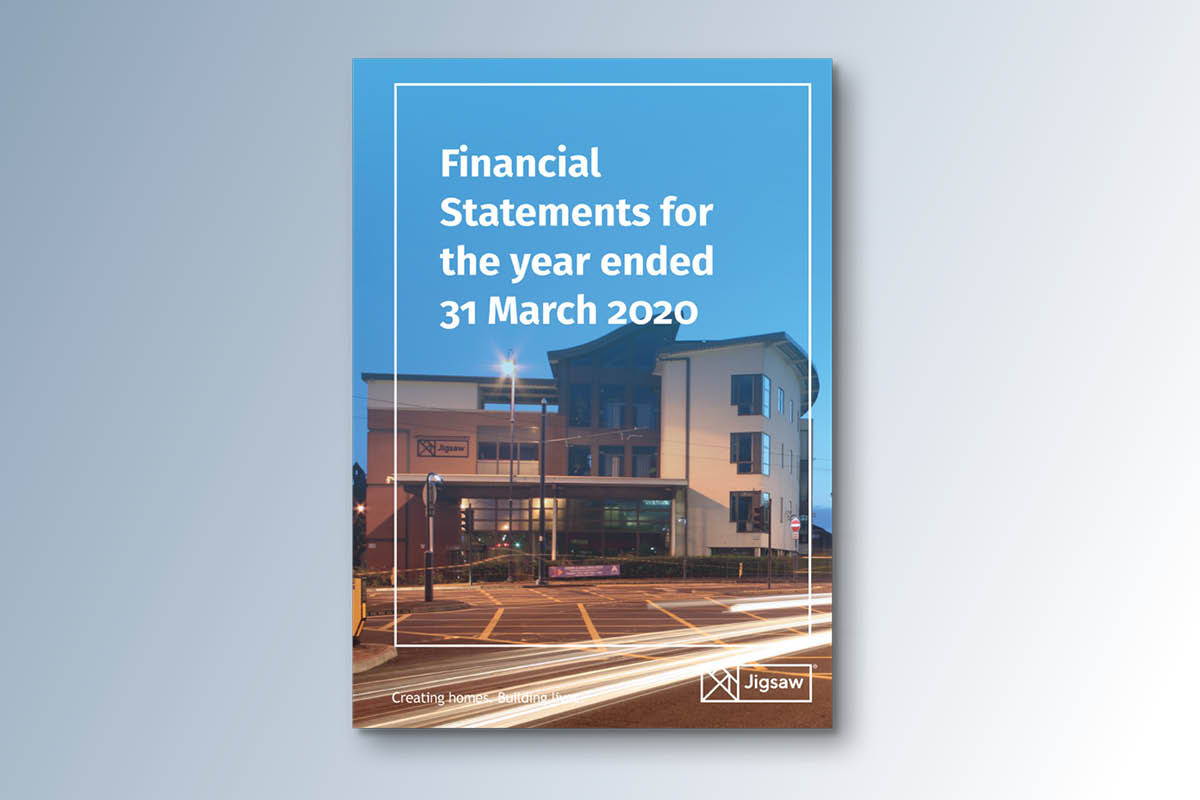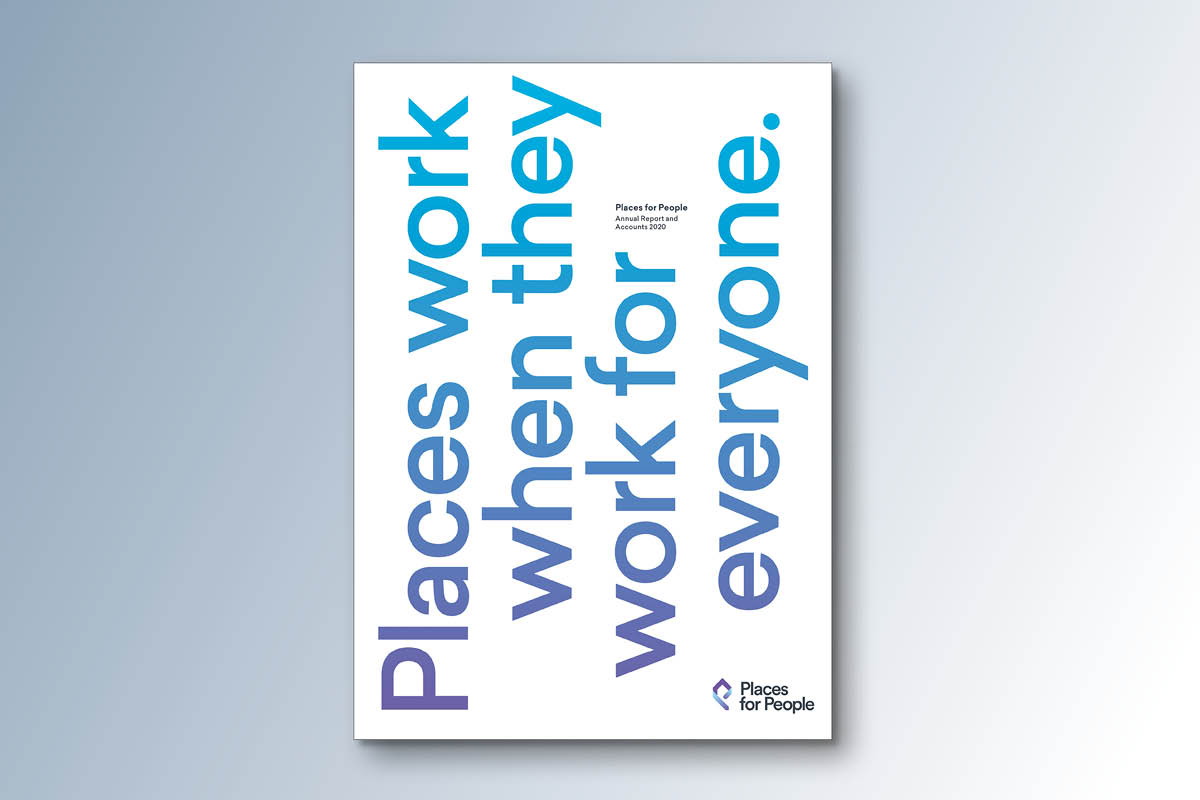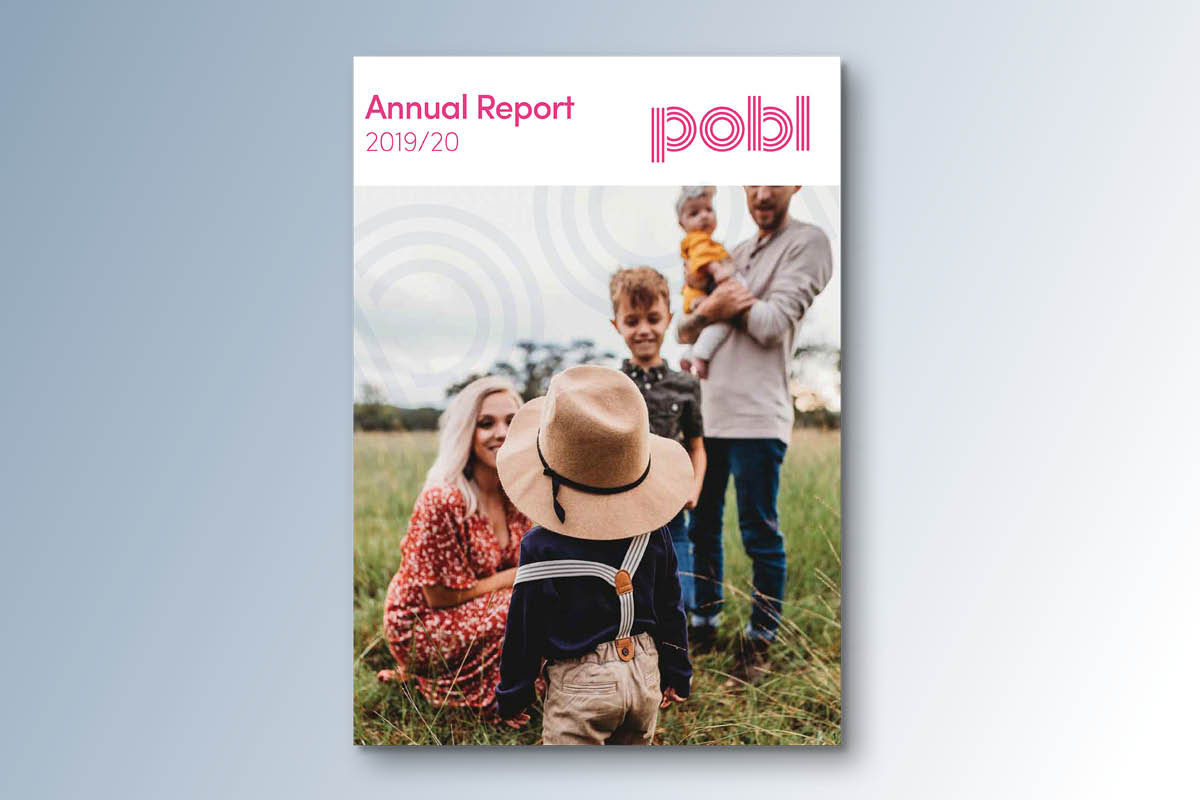You are viewing 1 of your 1 free articles
The housing association annual financial statements round-up: 2019/20 part two
In the second part of our round-up of housing associations’ financial statements, Dominic Brady finds out how fire safety works and COVID-19 have affected balance sheets
Each year, towards the end of summer, a flurry of housing associations publish their annual accounts.
The accounts act as barometers for associations’ financial performance, giving insight into the issues and major outgoings in the sector.
This time around, the sector finds itself in an unusual position.
With the pandemic just catching the tail end of the 2019/20 financial year, its impact is yet to be seen. Nevertheless, the accounts allow us to see how the sector’s biggest players were performing before the coronavirus crisis hit, and whether they had a solid financial foundation to ride out the maelstrom caused by the subsequent lockdown period.
Riverside
Surplus: £59.6m (2019: £79.5m)
Homes managed: 58,360 (2019: 56,089)
Homes started: 774 (2019: 850)
Operating margin: 16.8% (2019: 21.8%)
Turnover: £355.7m (2019: £364.3m)
Riverside said that growing costs per unit had contributed to a lower than expected operating margin and this in turn was largely driven by an “escalating maintenance bill” due to building safety standards and customer expectations increasing.
The landlord said it is aware that failing to reverse this trend could result in a credit rating downgrade, but added that the crisis could produce higher costs related to agency spending, maintenance spend and additional IT costs to allow home working
Home Group
Surplus: £42m (2019: £45m)
Homes managed: 55,060 (2019: 55,424)
Homes started: 1,062 (2019: 832)
Operating margin: 16% (2019: 21.9%)
Turnover: £406.1m (2019: £367.3m)
Home Group made waves earlier in the year when it was revealed that it would partner with a global asset management firm to launch a new UK housing fund aimed
at delivering affordable rental homes for key workers.
The housing association’s results show a decline in its operating margin, where it missed its target of 18% due to lower margins achieved on new build sales.
Platform
Surplus: £57.9 [after tax] (2019: £66.9)
Homes managed: 45,303 (2019: 44,317)
Homes started: 544 (2019: 1,446)
Operating margin: 41.8% (2019: 39.9%)
Turnover: £257.1m (2019: £273.6m)
Despite a fall of 13% in its surplus, Platform Housing Group posted strong results and was once again one of the biggest builders in the sector, according to Inside Housing’s annual survey. However, the landlord is wary of the impact welfare changes could have on its business going forward.
In the year, the association saw a 95% increase in households affected by Universal Credit driving up arrears collection costs. Platform said it will deploy more resources to assist customers moving on to Universal Credit in the future.
Orbit
Surplus: £72m (2019: £41m)
Homes managed: 44,753 (2019: 43,470)
Homes started: n/a (2019: 1,494)
Operating margin: 40% (2019: 36.8%)
Turnover: £323m (2019: £316m)
Orbit saw its surplus handed a £30m boost compared with the year before when it incurred loan break costs of £28m.
Despite this solid return, the housing association said it will keep its future targets “under review” as it responds to
the coronavirus pandemic and assesses its impact.
Orbit has also set aside £5m for building safety works required on 27 blocks it owns which are over 18m.
Wheatley Group
Surplus: £244.6m (2019: £-7.2m)
Homes managed: 93,700 (2019: 80,000)
Homes started: 735 (2019: 466)
Operating margin: 25% (2019: 23%)
Turnover: £357.1m (2019: £333.6m)
Wheatley cemented its status as the largest housing association in Scotland by completing a merger with 10,000-home Dumfries & Galloway Housing Partnership in the year.
The merger saw the group grow its stock count to 93,700 and boosted its surplus by a £250m from a £7.2m deficit in 2018/19 to £244.6m this year.
Wheatley also said it is seeking to diversify its funding sources in order to mitigate potential changes in the market.
Anchor Hanover
Surplus: £34.1m (2019: £36m)
Homes managed: 53,908 (2019: 53,441)
Homes started: n/a (2019: 115)
Operating margin: 11.4% (2019: 10.8%)
Turnover: £522.2m (2019: £526.4m)
Care specialist Anchor Hanover faced a different set of challenges compared with other housing associations in the year, with care homes proving particularly vulnerable to COVID-19 infections.
The landlord said government guidelines will have a significant effect on its financial situation, with lower occupancy in housing and care homes and increased operating costs due to personal protective equipment and staffing levels. This would potentially knock £3.1m off its operating surplus for next year, Anchor Hanover said.
Apex
Surplus: £9.8m (2019: £9.2m)
Homes managed: 5,908 (2019: 5,597)
Homes started: 34 (2019: 524)
Operating margin: n/a
Turnover: £54.8m (2019: £50.7m)
Derry-based Apex Housing Association experienced a significant drop in its development programme, with just 34 new homes started in the year compared with 524 the year before.
The landlord said the coronavirus pandemic has delayed key construction start dates by at least 12 weeks but it remains committed to its programme of delivering 2,000 new homes across Northern Ireland over the next five years.
L&Q
Surplus: £414m (2019: £202m)
Homes managed: 105,262 (2019: 95,665)
Homes started: 3,945 (2019: 6,428)
Operating margin: 33% (2019: 37%)
Turnover: £915m (2019: £937m)
It was a turbulent year for L&Q as new developments were paused in September 2019. It is also preparing to welcome a new chief executive after David Montague announced he would be stepping down.
But its financial statement tells a positive story, with its surplus more than doubling and social housing lettings accounting for a greater portion of its income.
Whoever takes the reins from Mr Montague will be tasked with overseeing the development of 100,00 new homes over the next decade.
Vivid
Surplus: £69.3m (2019: £72.6m)
Homes managed: 39,363 (2019: 37,523)
Homes started: 1,360 (2019: 1,044)
Operating margin: 33% (2019: 41%)
Turnover: £326.6m (2019: £250.1m)
Vivid was the recipient of the largest allocation of Homes England funding through its strategic partnership. The £176m it received will be put towards funding 17,000 homes over 10 years; the group is also looking to expand its geographical footprint in that time.
With the landlord’s operating margin falling by eight percentage points, it will also look to improve the time it takes to relet homes in order to reduce rent loss.
Torus
Surplus: £48.1m (2019: £33.8m)
Homes managed: 37,751 (2019: 37,349)
Homes started: 924 (2019: 746)
Operating margin: 26.6% (2019: 24.7%)
Turnover: £195.5m (2019: £193.7m)
North West landlord Torus saw its surplus jump from £33.8m to £48.1m in the year due in part to making £4m in profit derived from its commercial portfolio.
The association aims to become a land-led developer and will deliver 800 new homes in the next year. “We will look to explore new tender types, new partnerships, additional funding streams and potentially homes for outright sale,” Torus said in its report.
Link Group
Surplus: £0.44m (2019: £2.4m)
Homes managed: 10,457 (2019: 10,361)
Homes started: 342 (2019: n/a)
Operating margin: 15.4% (2019: 15.8%)
Turnover: £46.5m (2019: £43m)
Link has said it expects to complete 2,691 properties for rent over its five-year business plan period to 2023/24 and a further 157 properties for shared equity sales. Of these rented properties, 73% are expected to be for social rent and the remainder for mid-market rent.
The landlord identified Brexit as a key risk to its business but said it has done sufficient stress-testing to deal with any economic fall-out.
Catalyst
Surplus: £82.4m (2019: £30.8m)
Homes managed: 33,713 (2019: 20,898)
Homes started: 608 (2019: 523)
Operating margin: 21.2% (2019: 25.6%)
Turnover: £285.9m (2019: £180.1m)
This year marked the beginning of a major programme of fire safety remediation work on Catalyst’s properties, with its fire safety spend increasing by 1,875%. The G15 landlord spent an eye-watering £15.8m on fire safety – up from just £800,000 the year before – removing Grenfell-style aluminium composite material cladding from its buildings over 18m.
Catalyst also completed a merger with Aldwyck Housing Group in the year, which boosted its surplus from £30.8m to £82.4m, although its adjusted surplus was £39.5m.
Jigsaw
Surplus: £62.6m (2019: £59.7m)
Homes managed: 34,951 (2019: 33,118)
Homes started: 1,057 (2019: 537)
Operating margin: 35.5% (2019: 35.3%)
Turnover: £180.9m (2019: £180.3m)
Formed in 2018 after a merger between New Charter Housing Trust and Adactus Housing Group, Jigsaw said its strong operating margin will support its ambitious building programme.
The housing association delivered 532 new homes in the year and aims to complete a further 1,649 by 2023 across 26 local authority areas.
Places for People
Surplus: £91.2m (2019: £95.5m)
Homes managed: 209,312 (2019: 197,712)
Homes started: 1,982 (2019: 2,647)
Operating margin: 25% (2019: 27.6%)
Turnover: £866.7m (2019: £827.1m)
Giant landlord Places for People shifted its approach in 2019/20 to insulate itself from potential downturns in the housing market. The association cut its exposure to market sales and boosted its development of affordable housing by 72%.
The decision to change tack earned Places for People a ratings upgrade to A3 by Moody’s.
Pobl Group
Surplus: £11.8m (2019: £10.2m)
Homes managed: 17,554 (2019: 17,243)
Homes started: n/a (2019: 451)
Operating margin: 26.4% (2019: 16.9%)
Turnover: £144.3m (2019: 134.7m)
Pobl said it saw strong results across a number of financial indicators despite the COVID-19 crisis testing its resilience and the end of the financial year.
The landlord has been busy investing in its money advice, income management and debt recovery teams since the number of its customers relying on Universal Credit grew from 44% to 53%.
Update: at 9.50am, 26.10.20
This article initially stated that Vivid’s development target was 170,000. It has now been corrected to say 17,000.
Details of Link’s operating margin were also added.
Sign up for our development and finance newsletter
Already have an account? Click here to manage your newsletters
Related stories





